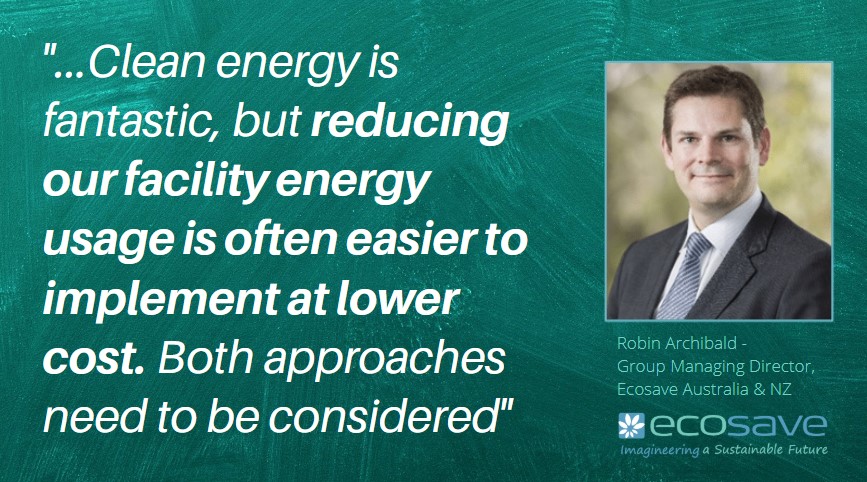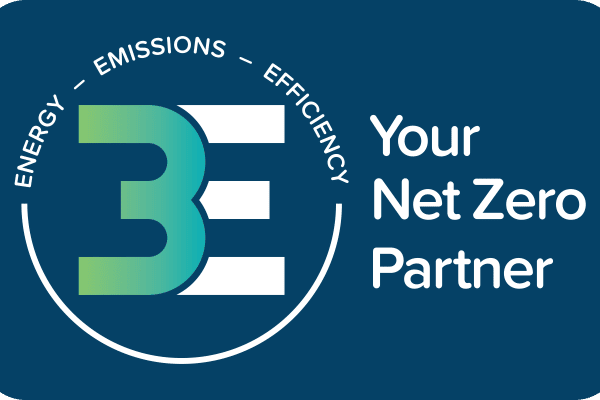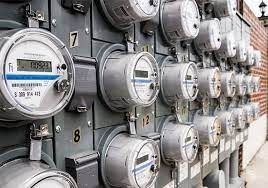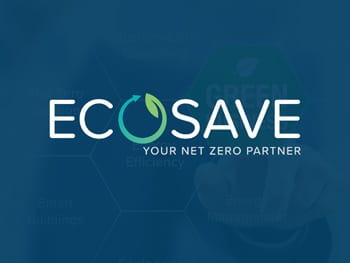On Tuesday 5 May, the Clean Energy Council held a forum with leading political, industry and community representatives to discuss the enormous potential of A Clean Recovery to lead Australia’s economic recovery from COVID-19.
The forum coincided with the release of the Council’s whitepaper dubbed ‘A Clean Recovery‘, an 18-page document outlining the benefits and opportunities associated with the “enormous potential” in renewable energy and energy storage to assist the national economic recovery effort.
The Clean Energy Council (CEC) believes that the clean energy industry – characterised by solar, wind and other clean energy sources – has been one of Australia’s extraordinary success stories over the past decade.
According to the paper, COVID-19 has had a profound impact on the Australian economy; and the CEC is touting investment in clean energy as critical for the required economic recovery from COVID-19, advocating for:
- smart regulatory reform to unblock massive pent-up private investment by private investment and encourage governments, businesses and households to invest in renewable energy and energy storage projects to create thousands of new jobs, stimulate economic activity in regional communities and build a 21st century energy distribution network.
- more renewable energy investment is crucial for Australia to prepare for the certain exit of ageing coal-fired generation over the coming decade
- Australia requires up to 47 GW of new large-scale renewable energy by 2040, complemented by energy storage, demand-side participation and transmission investments
- The current pipeline of 30 GW in wind and solar projects with planning approval to be brought forward, that could deliver over $50 billion in investment and over 50,000 new direct jobs (and many more indirect jobs)
The CEC proposes a package of initiatives for governments and the private sector to consider.
- Develop a national home battery program
- Support small businesses and new homes to go solar
- Commit to government and community buildings switching to solar and batteries
- Commit to 100 per cent renewable energy for government agencies
- build a smart distribution network to accelerate and leverage distributed energy resources (DER)
- Support investment in large-scale energy storage
- Build an electric vehicle (EV) charging network
- Develop the workforce of the future
- Facilitate continued investment in large-scale renewable projects
- Encourage the development of offshore wind energy
- Prioritise smart market and regulatory reform
- Support major energy customers to secure low cost supply and become globally competitive
- Establish Australia’s renewable hydrogen capability
The CEC highlights a number of economic benefits resulting from further investment in clean energy infrastructure that can jumpstart the economy and lead the economic recovery from COVID-19.
You can download a copy of ‘A-Clean Energy Recovery’ and watch the forum here (2 hours).
Clean and ‘Lean’ energy essential for economic recovery from COVID-19 and long term sustainability
Aside from the current emphasis on driving the economic recovery effort through aggressive transformation of the energy supply mix to renewable sources, there are demand-side opportunities that shouldn’t be overlooked.
Ecosave’s Group Managing Director, Robin Archibald, supports the package of initiatives proposed by the Clean Energy Council, but argues that a more holistic approach is required to not only boost the economy but also help State and Federal Governments achieve Net Zero Emissions by 2050.
Priority investment and policy reform is needed to capitalise on demand-side opportunities through energy efficiency to reduce the overall energy demand in the economy, which in turn means less renewable and storage capacity is required to achieve long term sustainability targets – said Robin Archibald.
“Investment in de-carbonising the energy supply through renewables is definitely a plus for the Australian economy and environment, but what I think is missing is a focus on making energy-intensive industries more energy efficient and less reliant on polluting resources…clean energy is fantastic, but reducing our facility energy usage is often easier to implement at lower cost. Both approaches need to be considered” said Mr. Archibald
Mr. Archibald points out that large-scale energy efficiency projects with energy conservation measures (ECMs) including LED lighting, mechanical and HVAC upgrades, building management system (BMS) upgrades, power factor correction, demand-response management, energy monitoring and analytics among many other ECMs – can achieve:
- reduced energy consumption
- energy cost savings
- abatement of carbon dioxide equivalent emissions (CO2-e)
Clean energy options are appropriate to consider to reduce emissions from the remaining energy use, after viable ECMs are implemented.
‘When looking at buildings and property portfolios more generally, energy efficiency upgrades can be designed and packaged in way that actually optimises Solar PV system and battery storage capacity, plus the energy savings generated from ECMs with shorter paybacks can in effect subsidise the cost of embedded generation installations from an overall return on investment perspective.
– says Robin Archibald.
Ecosave specialises in energy efficiency and clean energy solutions for medium-to-large businesses and governments across Australia & NZ . Ecosave is a foundational member of the Energy Efficiency Council and an Approved Retailer for Solar and Battery Storage by the Clean Energy Council.
For your next clean and lean energy project, give the experts at Ecosave a call 1300 55 77 64, or click here to request a free call back service.
– Related posts:
– Why businesses can’t ignore energy efficiency and sustainability
